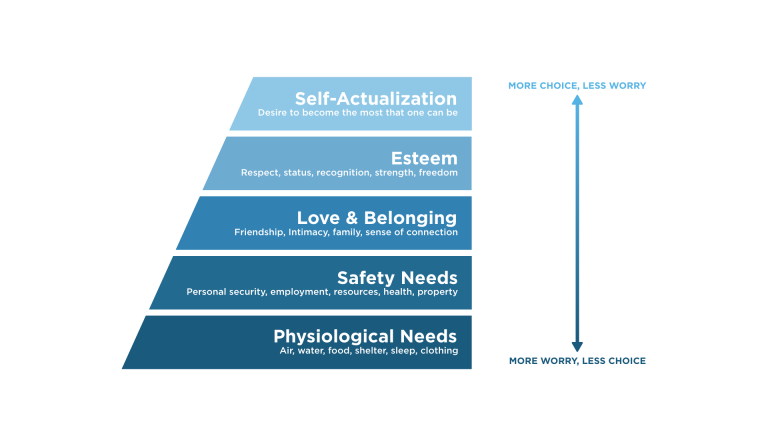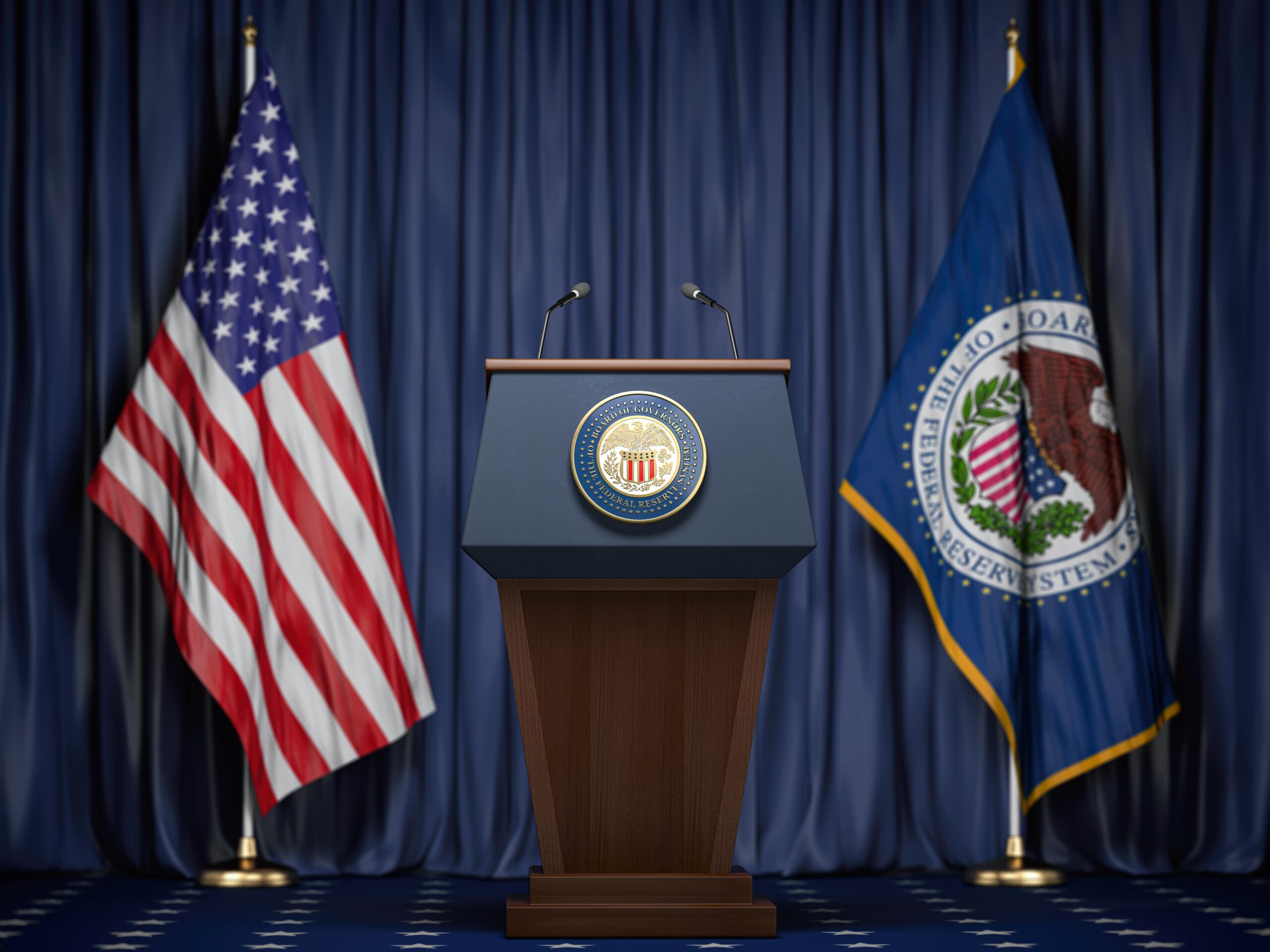
The information provided is based on the published date.
Key takeaways
- Money is rooted in a 10,000+ year history of people, culture, and society
- Your personal relationship with money affects its meaning
- Money provides freedom from worry and power of choice
- Once you know what money means to you, you can better plan how to use it in your life
From bartering to Bitcoin – 11,000 years of money
Money is a medium of exchange. It all started 11,000 years ago with coconuts and bananas. Someone needed coconuts, and someone else needed bananas, so they struck a deal. Goods and services were swapped at an agreed-upon value as society's first form of money. Fast forward to today, and we now have paper money, credit cards, Venmo, PayPal, and even digital and programmable money.
While the form money takes has changed over the years (imagine trying to explain crypto to one of our early ancestors, let alone our grandparents), the meaning of money hasn't changed.
The truth is that there are two meanings to money.
Societal influences on money
Society has placed a cultural significance on money. It conveys status, fame, power, intelligence, and other things to people with it. But, in reality, money is just a tool that can create opportunities for people who use it correctly. It enables us to travel, buy necessities, invest in others, and build bridges to new ideas.
Personal influences on money
The second and less discussed meaning of money is personal. It's part psychology (how we think about it), part utility (how we use it), and part subjectivity (personal choice). We hold the power to define the meaning of money in our lives. It reflects our beliefs and values. It's not what we have; it's what we do with it that matters.
We all have a very personal relationship with money
Money is an incredibly personal and emotional topic. What money means to us is a complex web of experiences with friends and family, the communities in which we live, and what our cultures say about money and wealth. These all affect our beliefs, values, and attitudes about the topic and form the foundation for the meaning we place on it.
- If we feel more comfortable when we have money, it's security.
- If money allows us to take care of family, it's love.
- If it allows us to be active in our communities, it's service and impact.
- If it helps us achieve well-being, it's power.
While history has placed meaning on money, we still hold the power in this relationship. With the right mindset, we can give money meaning by using it as a tool to help us live well.
Money gains meaning by the roles we choose to give it
Famed psychologist Abraham Maslow may be right that we are all searching for what he calls self-actualization—the best version of ourselves—but we can't satisfy the higher levels of our human needs if we can't provide the basic necessities and create a feeling of security.
What role does money play in all of this? There are two:
Role #1 – Freedom from Worry: Money can lay the foundation for the essentials in life and give us the security to strive for more. Creating freedom from worry allows us to give money a higher meaning.
Role #2 – Power of Choice: The best way to live life is with the power of choice—to feel in control, to have the ability to do what we love, and to spend time with those that matter most to us. This is the power to choose what meaning we will give to our money.

You have the opportunity to define what you value and what brings meaning to your life. Once you define these, you can create a plan that aligns your money with the life you want to live. This is where your money will get its meaning.
And while self-actualization sounds like something you can only achieve through transcendental meditation or during a trip to Burning Man, we can all strive for things that have meaning to us—successful careers, providing for those we love, giving back to our communities—all while having a little (or a lot) of fun, taking nice vacations and drinking a few adult beverages (or Kombucha) along the way.
Integrating your money AND your life — the key to living well
The key to giving meaning to money is understanding that money (and your plan for it) should integrate into every facet of your life. That plan should define what you want to achieve, help you make informed and confident decisions, and put you in control of the role money plays in your life. And if you aren't quite sure about the meaning of life—that's OK because neither are we—you can start with a plan for the next few years.
It's not what you have that gives meaning to money, it's what you do with it. The best part? The real power in money is in the power of choice—which puts you in control of the life you want to live.
If you want to explore this concept further, here are a few questions to help you think about life and what role money may play in it:
- If money wasn't an issue, how would you spend your time?
- What feelings about money do you want to hold on to?
- What feelings about money do you want to reshape?
Speak with a CFP® Professional at Facet today to start giving the money in your life more meaning.



